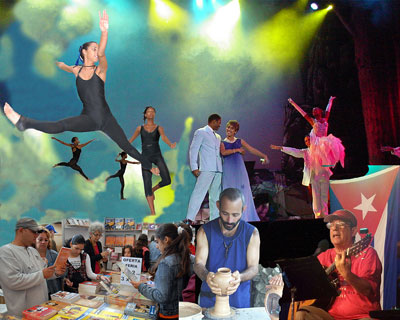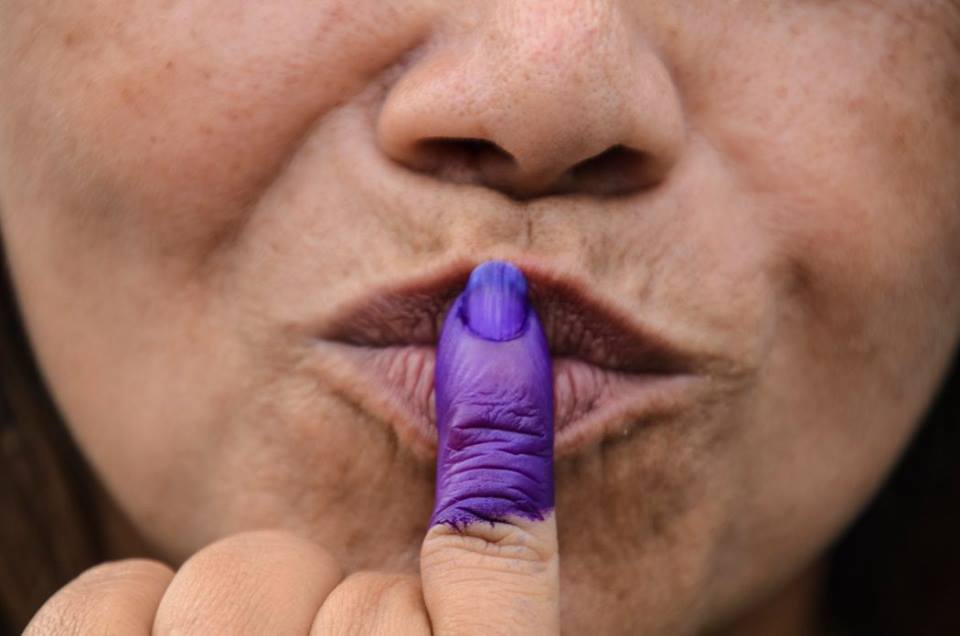Undoubtedly, it is a date which definitely marks the birth of a rebel nation and its identity, and through artistic and literary events blessed by the best sons of the nation.
Precisely one of the main achievements of the Revolution, our culture, today as never before, is carrying on its shoulders the strategic mission to save and protect us from new forms of subversion of American imperialism, recognizing the failure of its policy to destroy by assaults, sabotage, attempted blackmail and blockades, for over half a century.
The decision of the governments of Cuba and the United States to restore diplomatic relations has generated in the population criteria and expectations for the future of the country. But in the background of these debates at home, on the street, in educational institutions, production and services, within the intelligentsia and in many other areas, there are many compatriots aware of what is at stake.
While the lifting of the economic, commercial and financial blockade means the end of the restrictions and limitations that stop us develop and grow, and we will be closer, people to people, the challenges are large in the political-ideological field, in the field of culture and ideas, such that the revolution’s enemies would try to make it collapse.
That junk culture which advocates consumerism, individualism, violence, sex, indifference or denial of the patriotic values and national identity; the dismantling of world history and of each country through film, television, literature, Internet and other media-to impose imperial arrogance and chauvinism; these habits and behaviour patterns foreign to our reality, in short, this cultural war that strikes us not only from the US but from Europe and other regions of the world, we cannot neglect it or underestimate it.
“Nobody defends what is not known. Whoever is ignorant of history will inevitably be an easily manipulated political ignoramus,” René González Barrios, president of the Institute of History of Cuba, said in February the weekly Trabajadores, referring to the importance of acquiring more learning or teaching of this science, “the support and pillar for the creation of political ideology and the defence of national sovereignty.”
“For young people, its knowledge and interpretation stands as an urgent need,” he said, and later explained that the current strategy of imperialism, and thus as seen daily in publications and articles surfing the Internet, is “trying to delegitimize the historic generation of the Cuban revolution, demonizing it, and putting young people against it, raising doubts and fostering misrepresentations.”
Also the Doctor of Historical Sciences, Mildred de la Torre, believes that while the Cuban is Cuban, conserving and preserving their sense of belonging, there is no policy that can destroy it.
“The US policies towards Cuba, in general, have always been oriented to absorb the country and our identity, because the only way we they eliminate our revolutionary struggles, political independence, and our secular anti-imperialism, is by destroying the national identity,” said the researcher in the weekly Trabajadores in late June.
Luckily in a socialist project as exhibited by the island, culture is part of the core of a genuine development policy, based on consensus and citizen participation, and involves not only the artists and intellectuals, or allied, but the educational system, the media, the people’s government institutions and various agencies.
For example, a few weeks ago the Ministry of Education (MINED) released in Havana a digital product for schools and under the name of Pa’que you educate yourself, which unlike the famous “weekly package,” as its name suggests has a mainly didactic character, still including materials used for recreation and entertainment.
Documentaries, films and modern music, but tasteful, are part of its contents, which can be located through a search engine so that the user is not lost searching through more than one terabyte of information, and after reviewing them can choose which copy and take to his house, according to Ivan Barreto, director of Cinesoft (the computer and media company of MINED).
“Also, we will add to it the folder Learn to look, which includes videos with comments from specialists and fun facts for the sake of young people to form critical judgments of what they see,” he said.
So, the battle against the vulgarity, the pseudo, banality and bad taste, which overtly or covertly is sometimes are present in the music, film, theatre, literature, design, fashion, art, television, radio, on the web …. is a principle that makes Cuban culture more than ever the shield and sword of the nation.
Translated by ESTI





